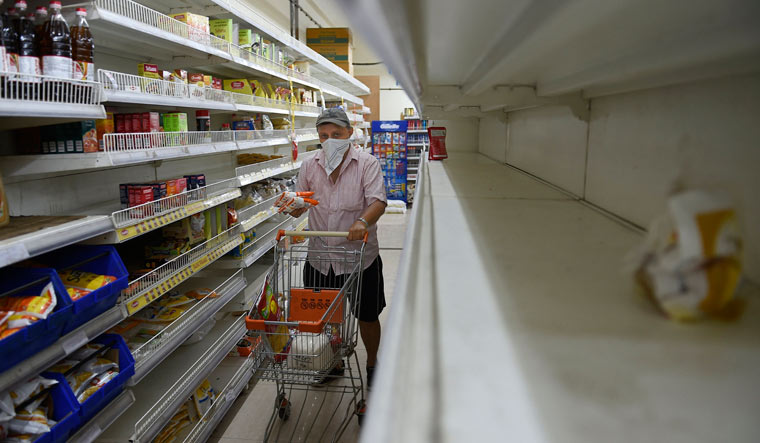Hindustan Unilever, the largest fast moving consumer goods maker in India, says the worst is over for the sector, but feels a demand stimulus in the upcoming Budget will be the best recipe to boost consumer demand, hurt by COVID-19.
The pandemic and the related lockdowns had a huge impact on consumption. Over the last few months as the supply-side constraints have been addressed and the economy has begun to open up, things have started to pick up. Government initiatives taken during the pandemic, like free food for the poor and higher allocations to the rural employment guarantee scheme, coupled with a good harvest, meant that rural demand has been resilient. However, urban demand took a big knock as transportation was impacted and people were largely stuck at home.
While, rural demand is growing in double digits, urban demand is still significantly lagging behind that of rural, officials at the maker of Red Label Tea and Surf detergent said on Wednesday. This is where a demand stimulus in the Budget could help give it a boost.
“From deep negative growth in June quarter, urban demand has turned positive now. Vaccine rollout with speed will spur increase in mobility, which, in turn, will have a positive impact. Now that supply side constraints are no longer there, a demand stimulus at this time will help the cause,” Sanjiv Mehta, HUL’s chairman and managing director, said.
The company on Wednesday reported a 19 per cent year-on-year rise in net profit for the October-December quarter at Rs 1,921 crore. Revenue for the third quarter was up 20 per cent to Rs 11,682 crore.
HUL made several acquisitions in 2020, including that of the nutrition business, comprising Horlicks and Boost brands, from GlaxoSmithKline Consumer. It also acquired the female hygiene brand VWash from pharma company Glenmark last year. Barring these acquisitions, the consumer business grew 7 per cent, it said. Volumes (number of packs sold) rose 4 per cent.
Inflationary pressures are building up in several areas like tea and palm oil. As mobility improves, oil demand is also set to improve, which will also lead to higher crude prices, in turn putting pressure on crude-linked raw materials used in FMCG products.
Srinivas Phatak, HUL’s chief financial officer, said that company raised prices in the skin cleansing segment by 2.5 per cent in the December quarter, and another 2.5 per cent price hike has been initiated now.
“Many actions have been initiated, including judicious pricing, in skin cleansing due to inflationary pressures,” Phatak said.
Through 2020, e-commerce was a big beneficiary as the pandemic forced millions of people indoors. In a bid to accelerate growth on digital, HUL is designing a portfolio specifically for e-commerce, which will include special pack sizes, combo-packs among other things.
These initiatives have helped HUL double the contribution from e-commerce to around 6 per cent from 3 per cent earlier, Mehta said.
On one hand, while the company is strengthening its focus on the consumer-facing digital business, its also scaling up its B2B e-commerce operations. Around 3.4 lakh retail outlets have now been onboarded on its online ordering app Shikhar, according to Mehta.
The company is also scaling up its rural reach, through its Shakti entrepreneurs, which have doubled over the last four years.
HUL shares closed down 0.3 per cent at Rs 2,390.75 on Wednesday, while the wider BSE Sensex ended 1.9 per cent lower at 47,409.93 points.





